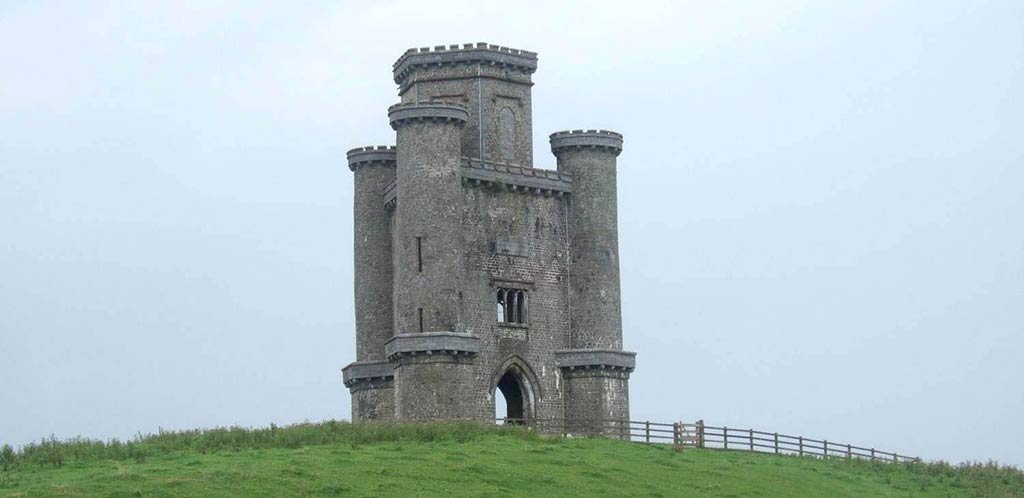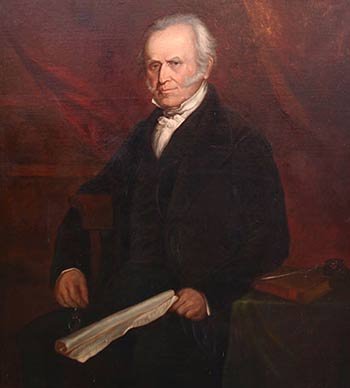Joining the infamous East India Company paved the path to riches for younger sons with a sense of adventure. Helen Morgan of Abergavenny Local History Society reports

Paxton’s Folly
Wales may not have been in the vanguard of the conquest of Bengal, yet the tangled skeins of trade and empire had already begun to affect the economy by the mid-18th century. Young men, who had the all-important connections and were willing to take risks, mostly made their fortune — unless climate, disease, alcohol or enemy action felled them first.
A prime example is Robert Clive who founded the British Indian Empire. Originally from Shropshire his home, Powis Castle, contains more Mughal treasures than are on display in any one place in India.
In the decades after 1750, Brecon was the centre from where Walter Wilkins (MP for Radnor) used his influence within the company to pave the way for local men hoping to find their way to India. Wilkins had joined the company as a Writer in 1758 before rising to become Governor of Chittagong province and a Member of the Supreme Council of Bengal. Returning home in 1772, he used his contacts to develop his own East Indian network. He was a founding partner of the (old) Brecon Bank and invested in the Hay Tram Road. By the time he died in 1828 he was worth £250,000 and one of the richest men in Wales.
Thomas Parry, originally from Welshpool, arrived in Madras in 1788. By 1793 he had created a “snug fortune”, with help from family members from Wales, says Huw Bowen. To this day Parry’s of Madras remains one of the best known companies in India, and Parry’s Corner is one name that has not changed.

Thomas Phillips
In the South, the Aberglasney estate near Llandeilo was bought for 10,000 guineas in 1803 by Thomas Phillips, a retired East India company surgeon. Sir William Nott, whose statue stands in Carmarthen, returned home bearing battle honours from the first Anglo-Afghan war as well as riches. But one of the especially enduring marks to be left on the Welsh landscape was Paxton’s Folly in Carmarthenshire. William Paxton rose through the ranks to become master of the Calcutta Mint which enabled him to offer financial and shipping services in a private capacity. All of which catapulted him, like Wilkins, into the ranks of the super rich.
Prof Huw Bowen’s talk on Wales and the East India Company in the Borough Theatre on February 25 starts at 7.30pm. Non-members are welcome to join on the night.
Helen Morgan

